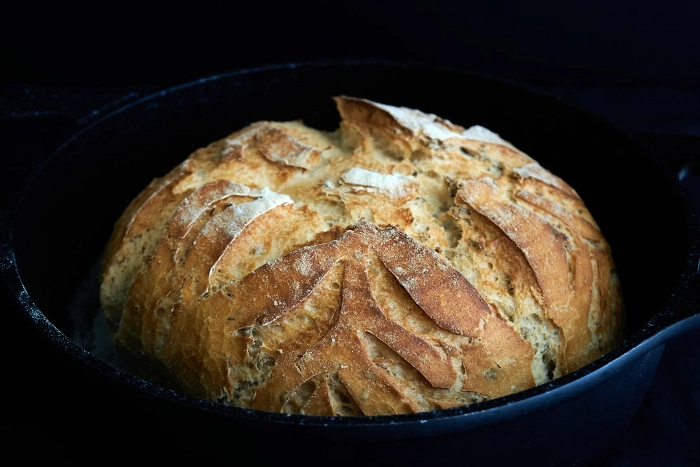The Parable of Yeast

The Parable of the Yeast, also known as the Parable of the Leaven, is a short but profound teaching of Jesus, recorded in the Gospels of Matthew (13:33) and Luke (13:20-21). In this parable, Jesus compares the Kingdom of Heaven to yeast that a woman mixes into a large quantity of flour until it permeates the entire batch. Though yeast may seem like an unusual metaphor for the Kingdom of Heaven, the parable carries powerful insights about the transformative and expansive nature of God's kingdom.
In the cultural context of the time, yeast, or leaven, was commonly associated with impurity because of its fermenting properties, which led to its symbolic exclusion during certain religious ceremonies, like Passover. However, Jesus flips this symbolism, using yeast in a positive light to illustrate how something small and seemingly insignificant can create a profound change when it spreads. When yeast is added to flour, it begins a process that causes the dough to rise and expand, eventually affecting the entire mixture. In the same way, Jesus suggests that the Kingdom of Heaven starts small, often hidden or unnoticed, but has an intrinsic ability to expand and transform everything it touches.
A key message of this parable is the power of small beginnings. Just as a little yeast is enough to transform a large amount of flour, so too can the Kingdom of God begin from humble origins. Jesus himself started with a small group of disciples, and the early Christian movement was not widely recognized or influential in the Roman Empire. However, through faith, perseverance, and the work of the Holy Spirit, this small community grew to influence billions of people worldwide. The parable suggests that even the smallest acts of faith, kindness, or love can bring about significant change, spreading the values of God's kingdom in ways that may not be immediately apparent.
Another insight of the Parable of the Yeast is that the Kingdom of Heaven works quietly and gradually. Yeast does not produce an instant result; it takes time for the dough to rise. Similarly, the kingdom’s influence in the world may not be sudden or dramatic but rather subtle and persistent, working from within to change hearts and minds. This can be encouraging for believers who may feel that their impact on the world is limited. Jesus is assuring them that the work they do, though it may seem invisible or small, is powerful and effective over time.
Lastly, the parable emphasizes the transformative nature of the Kingdom of Heaven. When yeast is added to flour, it changes the dough from within, making it rise and preparing it for baking. In the same way, the Kingdom of God is not about surface-level changes but about a deep, internal transformation of individuals and societies. As people accept and live out the values of the kingdom—love, justice, mercy, and humility—they experience inner change that can positively affect their communities and beyond.
In sum, the Parable of the Yeast teaches that the Kingdom of Heaven, though it may start small and often works invisibly, has an unstoppable power to expand, influence, and transform. It invites believers to trust in the slow, steady, and far-reaching work of God, encouraging them to live out their faith in ways that contribute to this divine expansion.